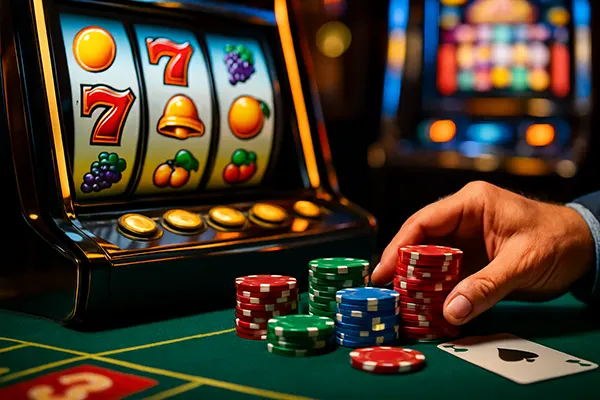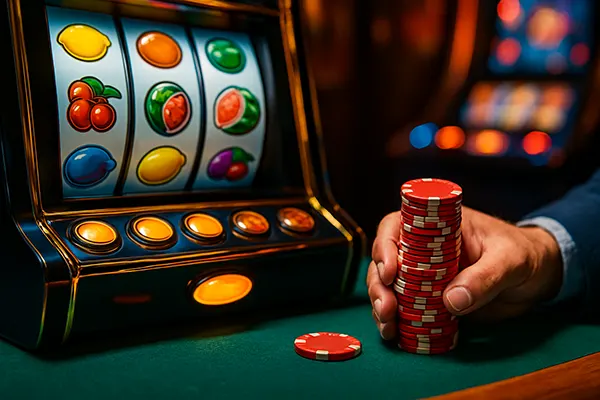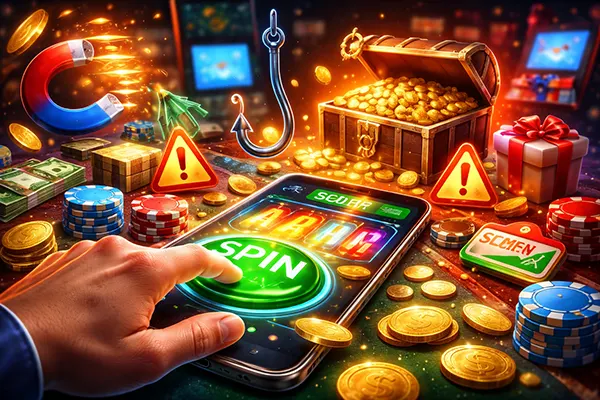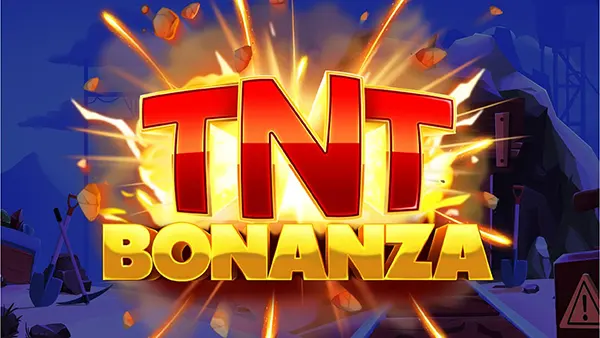
Myths About Betting: Does Maximum Stake Really Increase Your Jackpot Chances?
Many casino players believe that placing the maximum bet automatically boosts their chances of hitting the jackpot. This widespread assumption shapes how thousands approach online slot machines and progressive games. But how accurate is this belief in 2025? Let’s examine the facts, dispel the myths, and assess whether betting big truly leads to big wins.
Understanding Jackpot Mechanics in Online Slots
Online slots, especially progressive ones, operate using random number generators (RNGs) that ensure every spin is independent of the previous one. While it’s true that some jackpots are only unlocked when placing maximum bets, this isn’t a universal rule. Many modern games offer jackpots regardless of the bet size, though the payout may scale depending on the amount wagered.
It’s essential to distinguish between fixed and progressive jackpots. Fixed jackpots provide a static reward, unaffected by how much a player stakes. In contrast, progressive jackpots accumulate based on player contributions across a network of games. In these cases, developers sometimes require a max bet to activate the jackpot tier.
However, in 2025, more game providers are introducing flexible systems where even lower bets can contribute to jackpot triggers, appealing to risk-conscious players. This evolution reflects a broader trend towards inclusive gaming experiences and responsible gambling mechanics.
Does Max Betting Always Equal Better Odds?
No, and here’s why. Maximum betting may unlock eligibility for certain jackpots, but it doesn’t guarantee better odds of winning them. RNGs operate independently of bet size, and the outcome of each spin remains random. The notion that max bets increase statistical chances of hitting a jackpot is not supported by data or regulations.
Some games use tiered jackpot structures, where smaller bets qualify for minor jackpots, and only higher bets unlock major ones. But this isn’t about increasing odds—it’s about expanding access to different prize tiers. It’s a distinction that’s often misunderstood among casual players.
For regular players, betting within one’s budget consistently over time might prove more sustainable and rewarding than chasing jackpots through max bets. Awareness of these dynamics can help individuals make informed decisions based on facts, not folklore.
The Psychology Behind Betting Big
The belief that max betting boosts jackpot odds often stems from cognitive biases. Players may remember occasions where large bets led to significant wins, reinforcing this idea while forgetting the many instances where it didn’t work. This is known as the “availability heuristic.”
Casinos and game interfaces sometimes reinforce this bias through flashing animations and sound effects triggered by high-stakes spins. The emotional stimulation gives the impression that big bets are more “special” or “lucky,” even when the outcomes are randomised by code.
Marketing also plays a role. Phrases like “bet max to win big” are often used in promotional materials, subtly influencing player behaviour. However, such slogans don’t reflect the real mechanics behind most jackpots, and relying on them can lead to misconceptions and financial risk.
When Is Max Betting Worthwhile?
There are situations where placing a maximum bet might be strategically sound. For example, in games that explicitly state that only max bets qualify for the top jackpot, players who are specifically targeting that prize might consider it worthwhile. However, this requires clear understanding of the rules and acceptance of the higher financial risk.
Players who have set aside a specific jackpot-focused budget may incorporate occasional max bets as part of a larger plan. Even then, it should be done with discipline and awareness of odds—not under the false assumption of guaranteed success.
Conversely, for those who enjoy regular gameplay, entertainment, or small-scale wins, max betting is rarely necessary. Understanding personal gambling goals can help align strategies more effectively with reality, rather than myth.

Responsible Gambling and Informed Choices
2025 has seen a significant rise in responsible gambling initiatives across the UK and EU. Casinos are increasingly required to display clear information about game odds, max bet conditions, and jackpot triggers. This transparency aims to empower users with the facts they need to gamble wisely.
Awareness campaigns are also debunking long-standing myths such as “the more you bet, the better your odds.” These efforts are essential in reducing harm and promoting sustainable gambling habits. Most importantly, they help shift the perception of gambling from luck-driven chasing to informed entertainment.
Users are encouraged to set deposit limits, play within their means, and focus on games they enjoy, rather than games that promise life-changing wins. The role of technology in detecting harmful patterns and intervening early has also become central in promoting player welfare.
Conclusion: Myth or Reality?
The idea that maximum stakes increase your chance of winning a jackpot is largely a myth. While some games require a max bet to be eligible for the highest prize, this doesn’t translate into higher odds—just eligibility. Odds remain governed by chance, not stake size.
Believing in this myth can lead to poor financial decisions and misguided strategies. Instead, players should rely on accurate information, game-specific rules, and their own preferences when deciding how much to wager. Informed players are empowered players.
Ultimately, the smartest bet is on knowledge. Whether you wager big or small, understanding how jackpots truly work is the key to playing responsibly and enjoying the experience without unrealistic expectations.




